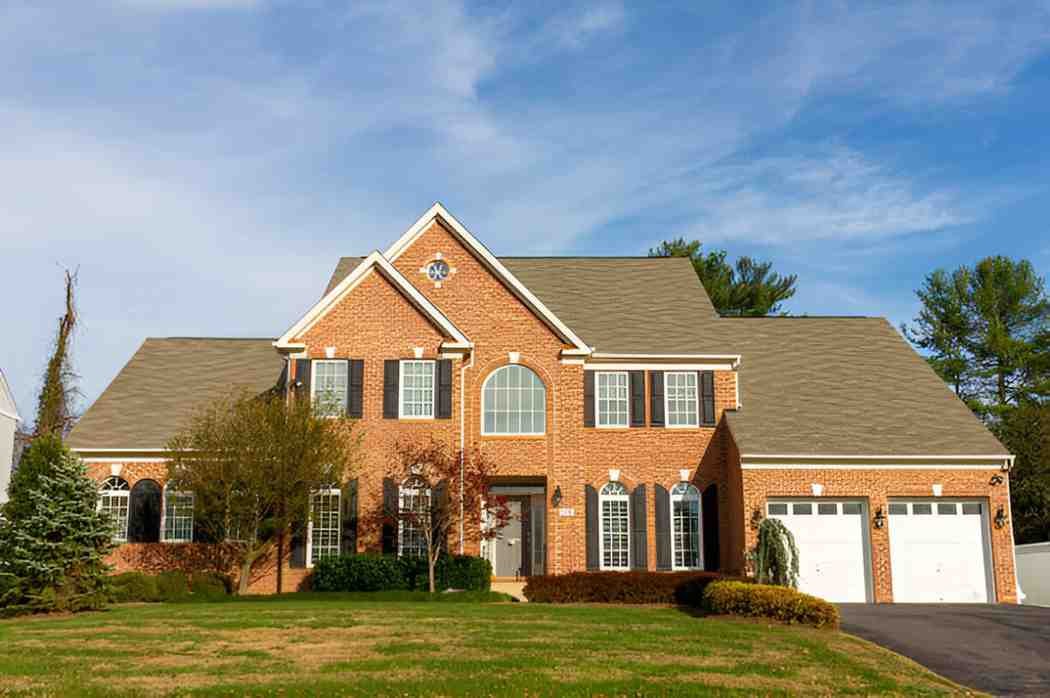Introduction
As a homeowner in Maryland, I often explore financial options that can help me make the most of my property. One of the best tools available is an equity mortgage, which allows homeowners like me to tap into the value of their homes for various financial needs. In this article, I will delve deep into equity mortgages in Maryland, examining how they work, their advantages and disadvantages, key considerations, and how they compare to other mortgage options. I will also provide calculations and illustrative tables to help clarify these concepts.
Table of Contents
What Is an Equity Mortgage?
An equity mortgage allows me to borrow against the equity in my home, which is the difference between the property’s market value and the outstanding mortgage balance. This type of loan can come in various forms, including home equity loans and home equity lines of credit (HELOCs).
Example Calculation of Home Equity
If my home is worth $400,000 and I owe $250,000 on my mortgage, my equity is calculated as follows:
\text{Home Equity} = \text{Market Value} - \text{Outstanding Mortgage Balance} \text{Home Equity} = 400,000 - 250,000 = 150,000Lenders typically allow me to borrow a percentage of my equity, often up to 85% of my home’s value minus the mortgage balance.
Types of Equity Mortgages in Maryland
Home Equity Loan
A home equity loan provides a lump sum amount that I can use for large expenses, such as home renovations or debt consolidation. This loan has a fixed interest rate and requires monthly payments over a set period.
Pros:
- Fixed interest rate provides predictability.
- Lump sum access makes it useful for major expenses.
- Possible tax deductions if used for home improvements.
Cons:
- Requires a good credit score and financial stability.
- I must pay interest on the entire borrowed amount, even if I don’t use all of it.
Home Equity Line of Credit (HELOC)
A HELOC works like a credit card, where I can borrow as needed up to a set limit. The interest rate is usually variable, meaning my payments may change over time.
Pros:
- Flexible borrowing as I only take what I need.
- I only pay interest on the amount borrowed.
- Lower initial interest rates compared to fixed loans.
Cons:
- Variable interest rates can increase over time.
- If my home value drops, I may owe more than the home is worth.
Comparison of Equity Mortgage Types
| Feature | Home Equity Loan | HELOC |
|---|---|---|
| Loan Type | Lump Sum | Revolving Credit Line |
| Interest Rate | Fixed | Variable |
| Payment Structure | Fixed Monthly | Varies Based on Borrowing |
| Best For | One-time Large Expenses | Ongoing or Uncertain Expenses |
Maryland-Specific Considerations
Maryland has specific regulations and market conditions that impact equity mortgages. Property values vary across the state, and the legal framework requires lenders to follow state-mandated guidelines, such as limits on fees and required disclosures. Additionally, Maryland’s property taxes and insurance costs can affect borrowing decisions.
Example: Property Tax Impact
If I take a home equity loan for $100,000 and my county assesses an additional 1% tax, my annual tax burden increases by $1,000. I must consider these costs when deciding how much to borrow.
Risks and Precautions
While equity mortgages provide financial flexibility, they come with risks:
- Foreclosure Risk: Defaulting on payments can lead to losing my home.
- Market Fluctuations: If home values drop, I may owe more than my house is worth.
- Over-Borrowing: Borrowing too much can lead to financial strain.
To mitigate these risks, I should only borrow what I need and ensure that my income can support repayment.
Alternative Financing Options
Before committing to an equity mortgage, I consider other financing options:
| Financing Option | Key Features | Suitable For |
|---|---|---|
| Cash-Out Refinance | Replaces existing mortgage with a new one at a higher amount | Homeowners wanting lower rates and cash access |
| Personal Loan | Unsecured loan with fixed payments | Borrowers with good credit needing smaller amounts |
| Reverse Mortgage | Available for seniors 62+ who want to convert home equity into cash | Retirees needing supplemental income |
Final Thoughts
Equity mortgages in Maryland provide valuable opportunities, but they require careful consideration. By understanding the different types of loans, associated risks, and alternative options, I can make informed financial decisions. I always evaluate my financial situation, consider long-term implications, and consult with a mortgage professional to ensure I choose the best option for my needs.





